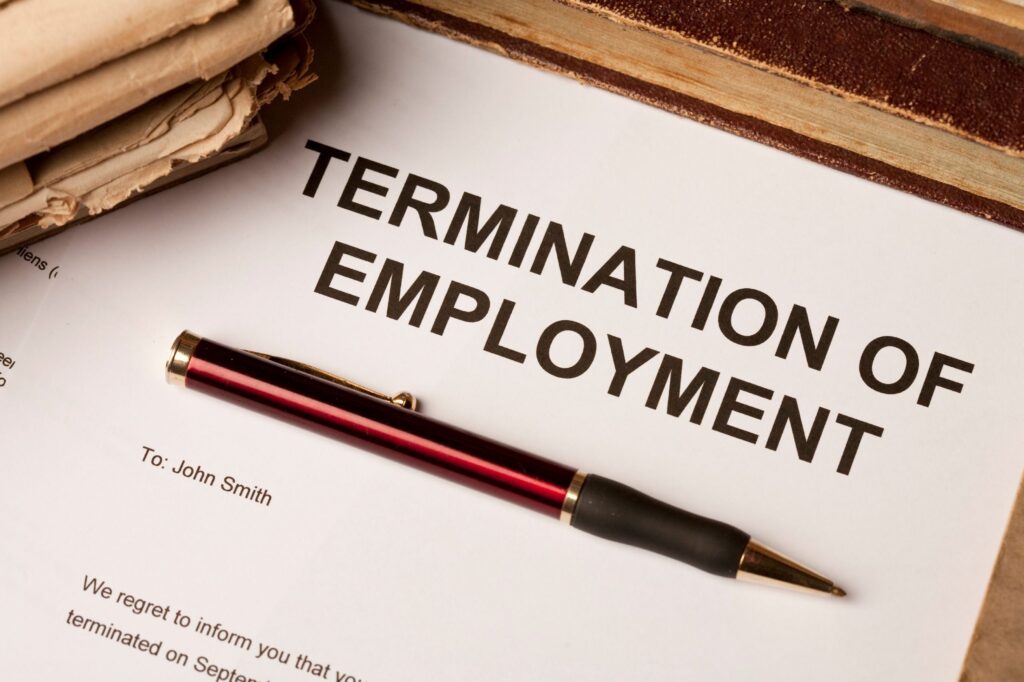The festive season has well and truly passed but the busy season rumbles on. During the last few months, you may have experienced greater workloads and asked your employees to work overtime.
If this sounds like your business, you need to make sure your staff receive certain entitlements under employment law.
Don’t let overtime breach working time limits
The Organisation of Working Time Act 1997 (OWTA) is actually a health and safety law that ensures employees receive adequate rest. So if you ask employees to work overtime, you also need to ensure you don’t break the limits set out in OWTA.
Under OWTA, employees must not work more than an average of 48 hours per week in any four-month period. So while employees may work more than 48 hours in one week, they must not work more than 48 hours a week on average over four months.
Overtime is factored into this, so ensure your employees don’t breach their max average weekly working hours. The four-month rule doesn’t apply to every business. For instance, an average of hours worked over six months applies to:
- Agriculture and tourism
- Hospitals, securities and prisons
- Airports or docks
- Gas and electricity
An average of hours worked over 12 months applies if the employer and employees have agreed to it.
Do I pay time and a half for overtime?
No. There is in fact no law requiring you to pay employees at all for overtime. That means it’s up to you as to whether your employees are paid or not.
Having said that, most employers will pay an additional sum, (time and a half or double time for example) to employees who agree to work overtime. Failing to provide an incentive to work overtime is likely to cause employee resentment.
There could be a right to be paid for overtime affecting your business contained in:
- The contract of employment
- Industry agreements (SEO’s for example)
- Collective bargaining agreements negotiated with trade unions
What if employees work public/bank holidays?
If you ask employees to work on a public holiday, they are entitled to:
- An additional day of annual leave
- An additional day’s pay
- A paid day off within a month of the public holiday
Does overtime impact on annul leave?
Yes, all hours worked including overtime are used to calculate paid annual leave.
Under OWTA, employees have their holiday entitlement calculated in one of the following ways:
- Employees working at least 1,365 hours in a leave year will be entitled to four working weeks’ annual leave entitlement.
- Employees working at least 117 hours per month will have an entitlement to 1/3rd of their working week as annual leave entitlement.
The second formula generally applies to part-time employees but may also apply to employees that leave or join your business during the annual leave year. For mid-year joiners or leavers, they will be entitled to 8% of the hours worked as their annual leave entitlement.
Need our help?
If you would like further complimentary advice on overtime from an expert, our advisors are ready to take your call. Call us on 01 886 0350 or request a callback here.








